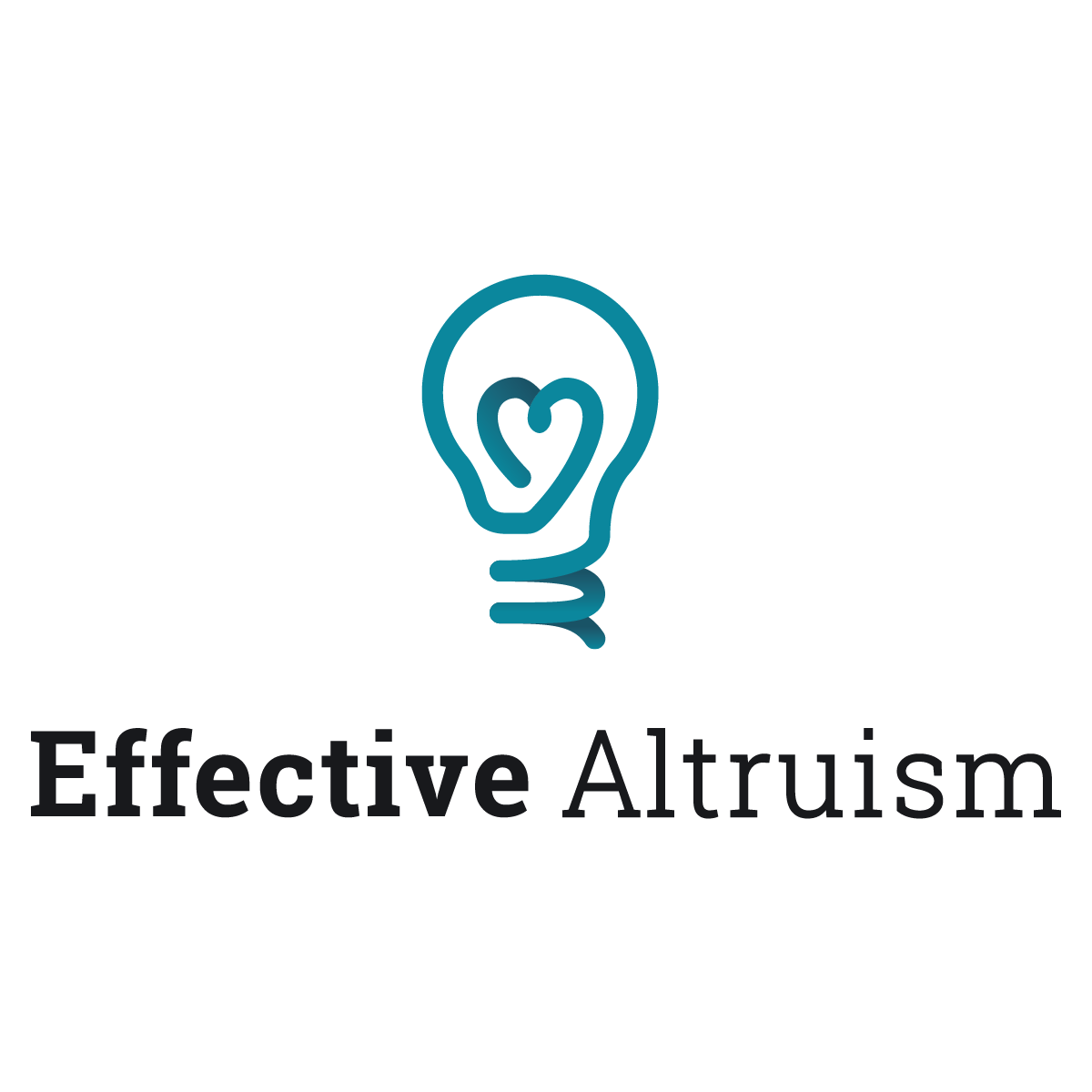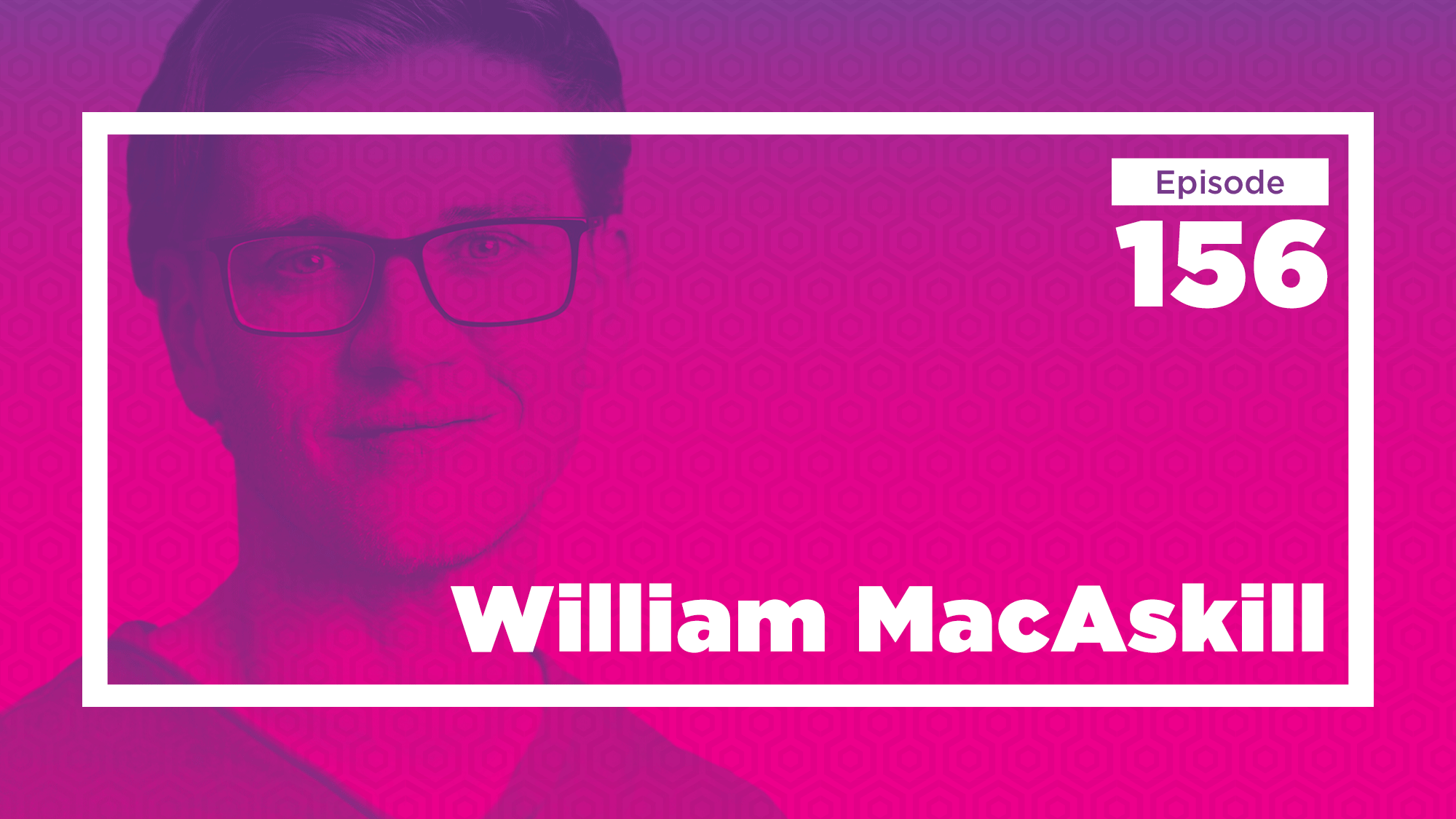Elements and Types of Utilitarianism | Utilitarianism.net
After defining utilitarianism, this chapter offers a detailed analysis of its four key elements (consequentialism, welfarism, impartiality, and aggregationism). It explains the difference between maximizing, satisficing, and scalar utilitarianism, and other important distinctions between utilitarian theories.| Utilitarianism.net



